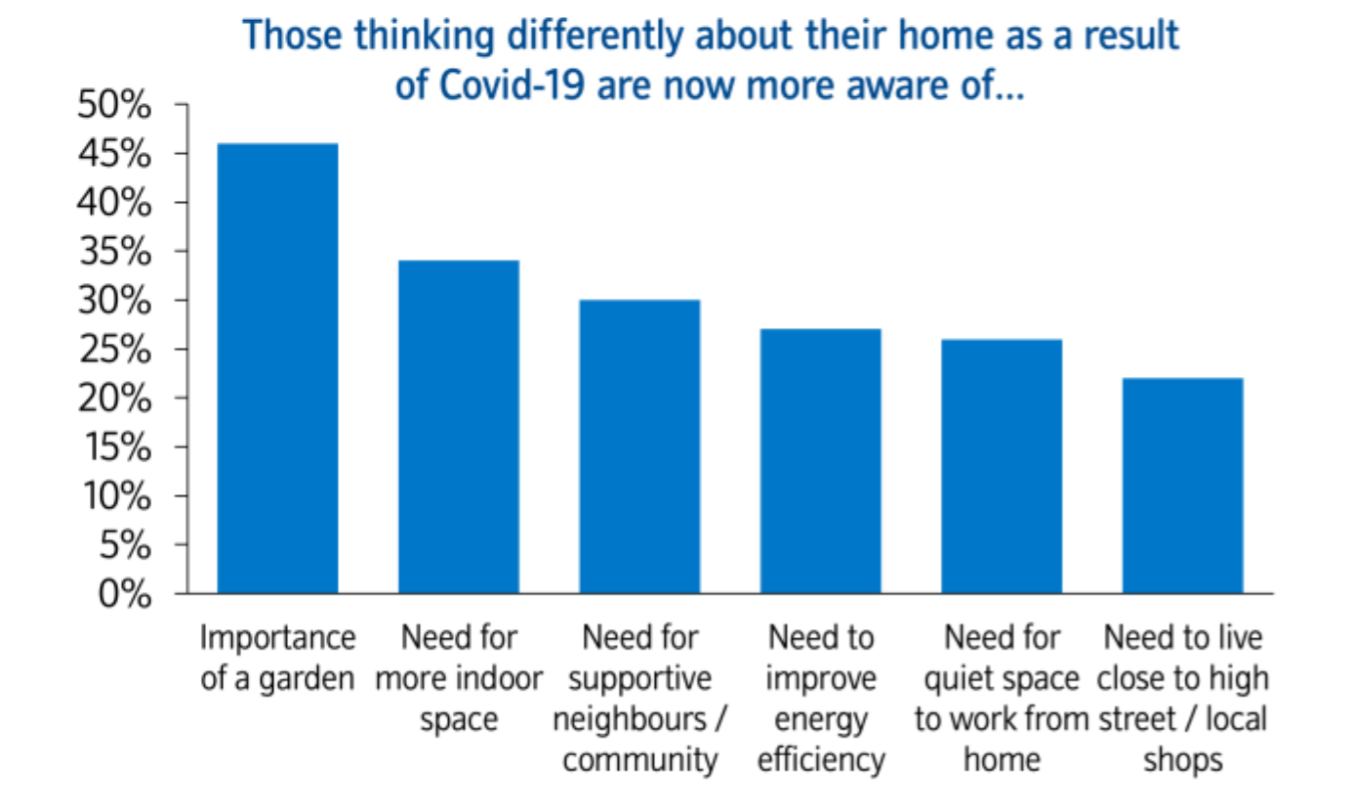If you’ve been in the battle for refunds since the coronavirus pandemic effectively shut down the travel industry, you may have been offered a Refund Credit Note (RCN) as an alternative to a cash refund.
You’re under no obligations to take it – by law, if the travel firm cancels your package holiday, they are obligated to offer you a full cash refund within 14 days – but it would obviously help out the travel firm given the circumstances, as the alternative could force it into bankruptcy.
Several months after the industry body ABTA first floated the idea of a RCN, the government has finally backed the scheme – but only for ATOL-protected package holidays.
And this is a very important distinction.
Up to now, if you accepted one of these RCNs (or indeed any other travel voucher) in lieu of a cash refund, you’d be left out of luck and out of pocket if the travel firm collapses before you get a chance to use it.
But now, for RCNs issued in lieu of cash refunds for ATOL-protected holidays, customers can get their money back even if the travel firm issuing the RCN goes bust.
What it means for you…
To be clear, you’re under no obligation to accept a RCN, and you’re still entitled to ask for a cash refund.
However, there are no longer financial risks associated with accepting a RCN for an ATOL-protected holiday.
But don’t rush to accept just any RCN as not all of them are government-backed yet.
ATOL protection only covers package holidays sold in the UK that are inclusive of flights. If you booked a no-fly cruise holiday or accommodation-only break, for example, you won’t be covered.
That in turn means any RCNs you receive for these cancelled breaks are not backed by the government at this time.
So, before you accept a RCN, double check the type of holiday you booked to see whether it would qualify for government protection.




